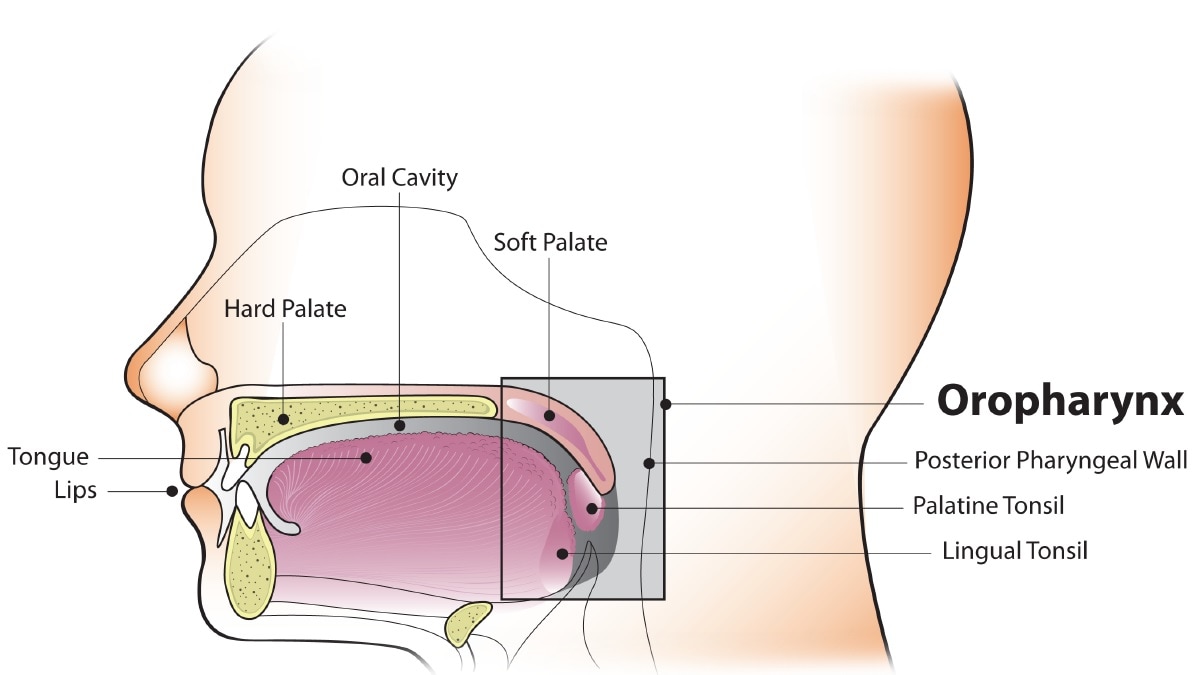What to know
Human papillomavirus (HPV) can cause serious health problems, including warts and cancer.

What is HPV?
HPV is the most common sexually transmitted infection in the United States. Of the more than 100 types of HPV, about 40 types can spread through direct sexual contact to genital areas, as well as the mouth and throat. Oral HPV is transmitted to the mouth by oral sex, or possibly in other ways.
Many people are exposed to oral HPV in their life. About 10% of men and 3.6% of women have oral HPV, and oral HPV infection is more common with older age. Most people clear HPV within 1 to 2 years, but HPV infection persists in some people.
HPV can infect the mouth and throat. It usually takes years after being infected with HPV for cancers to develop in the oropharynx (back of the throat, including the base of the tongue and tonsils). This is called oropharyngeal cancer. HPV is thought to cause 60% to 70% of oropharyngeal cancers in the United States. HPV is not known to cause other head and neck cancers, including those in the larynx, lip, nose, or salivary glands.

Symptoms
Symptoms of oropharyngeal cancer may include a long-lasting sore throat, earaches, hoarseness, swollen lymph nodes, pain when swallowing, and unexplained weight loss. Some people have no symptoms. If you have any symptoms that worry you, be sure to see your doctor right away.
The HPV vaccine and oropharyngeal cancers
The HPV vaccine was developed to prevent cervical and other cancers of the reproductive system. The vaccine protects against the types of HPV that can cause oropharyngeal cancers, so it may also prevent oropharyngeal cancers.
CDC recommends HPV vaccination for 11- to 12-year-olds. CDC also recommends HPV vaccination for everyone through age 26, if not vaccinated already.
Vaccination is not recommended for everyone older than age 26. However, some adults age 27 through 45 who are not already vaccinated may decide to get the HPV vaccine after speaking with their doctor about their risk for new HPV infections and the possible benefits of vaccination. HPV vaccination in this age range provides less benefit, as more people have already been exposed to HPV.
HPV vaccination prevents new HPV infections but does not treat existing infections or diseases. This is why the HPV vaccine works best when given before any exposure to HPV.
Other ways to lower your risk
Condoms and dental dams
When used consistently and correctly, condoms and dental dams can lower the chance that HPV is passed from one person to another.
Alcohol and tobacco
Alcohol and tobacco products may contribute to oropharyngeal cancers. The risk is higher when both tobacco and alcohol are used. Don't smoke or use smokeless tobacco products, and avoid smoke from other people's cigarettes. Limit the amount of alcohol you drink.
